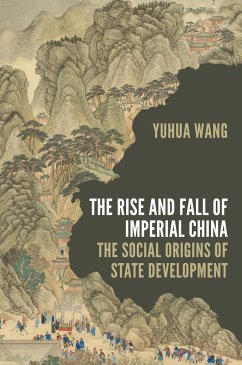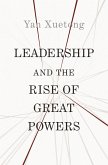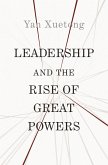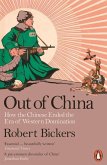"China was the world's leading superpower for almost two millennia, falling behind only in the last two centuries and now rising to dominance again. What factors led to imperial China's decline? The Rise and Fall of Imperial China offers a systematic look at the Chinese state from the seventh century through to the twentieth. Focusing on how short-lived emperors often ruled a strong state while long-lasting emperors governed a weak one, Yuhua Wang shows why lessons from China's history can help us better understand state building. Wang argues that Chinese rulers faced a fundamental trade-off that he calls the sovereign's dilemma: a coherent elite that could collectively strengthen the state could also overthrow the ruler. This dilemma emerged because strengthening state capacity and keeping rulers in power for longer required different social networks in which central elites were embedded. Wang examines how these social networks shaped the Chinese state, and vice versa, and he looks at how the ruler's pursuit of power by fragmenting the elites became the final culprit for China's fall."








